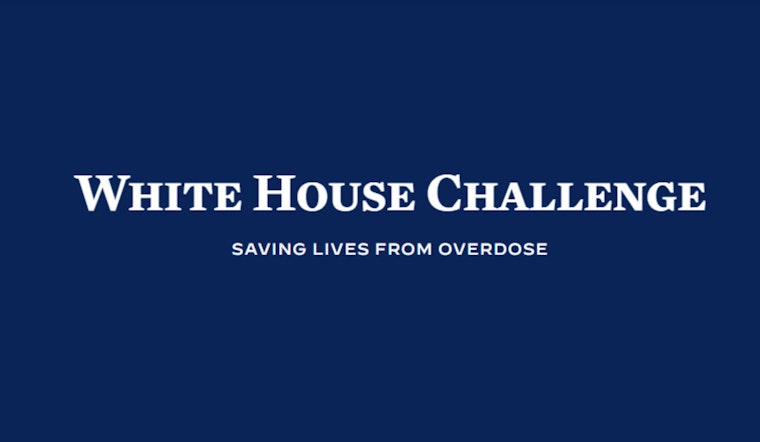
In a major push to combat the nation's drug crisis, the Biden-Harris administration has launched the White House Challenge to Save Lives from Overdose, calling on organizations across America to step up and commit to saving lives by making opioid overdose reversal medications more accessible. According to an announcement made by the White House, this initiative is a part of President Biden’s Unity Agenda which aims to defeat the overdose epidemic engulfing communities across the country.
The administration’s call-to-action seeks to encourage leaders from various sectors to literally take it to heart and commit to "increase training on and access to lifesaving opioid overdose reversal medications." In an effort to broadly disperse these vital tools, they are looking at strategies ranging from stocking first aid kits with the medications to training employees on their usage. This whole-of-society approach hinges on the critical availability of naloxone, an opioid overdose antidote which the FDA approved for over-the-counter purchase last year.
In practical terms, the challenge has been answered by a diverse array of industry sectors. As per official statements released by the White House, entities ranging from the Chicago Department of Aviation to Insomniac Events have implemented measures to have naloxone readily available. Several U.S. airlines, including Southwest and American Airlines, are now equipped with the medication, leading to reported life-saving interventions.
Extending beyond the transport and entertainment industries, the initiative has been picked up in less likely sectors like construction, where trade unions and associations have committed to distribute naloxone and educate their workforce on overdose prevention. On the education front, districts like Los Angeles Unified and institutions like the University of Texas at Austin have integrated naloxone into their health and safety protocols, ensuring that staff and students are prepared to effectively intervene during overdose situations.
Alongside expanding access to crucial medications, the administration has underscored substantial investments in treatment and harm reduction services, earmarking President Biden’s FY2024 budget to call for an additional $100 million to help distribute opioid overdose reversal medications. As agencies and departments across the federal spectrum align with this initiative, a surge in community and organizational mobilization is seen, aiming to transform bystanders into potential life-savers.
Every sector's involvement paints a large-scale collaboration aimed at mitigating the devastating toll of opioid overdoses. The administration emphasizes this combine effort "requires more than just federal resources" and is a memorial to lives lost and a bulwark to protect those currently at risk. It reflects a sustained campaign to wrest the community from the grip of an epidemic that knows no social or economic bounds, and with each organization’s pledge, inches closer to creating a society more resilient against this particular brand of tragedy.
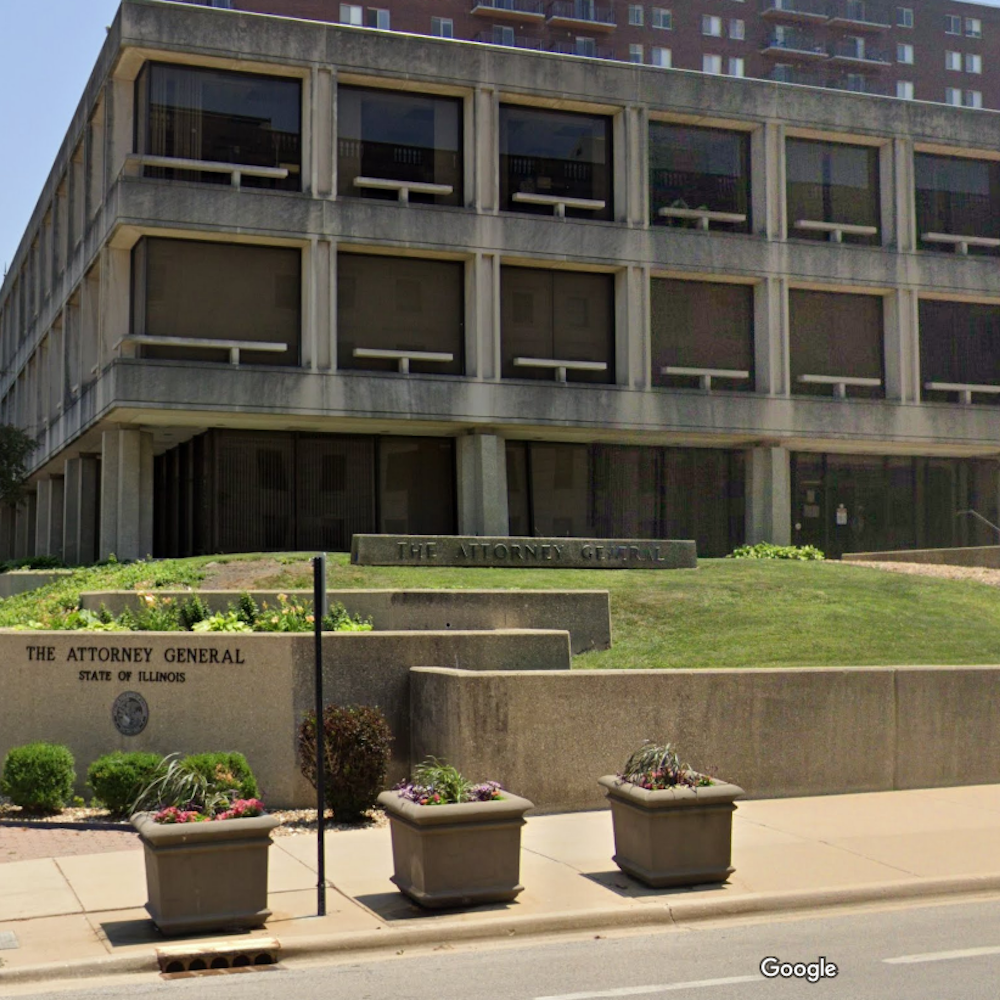


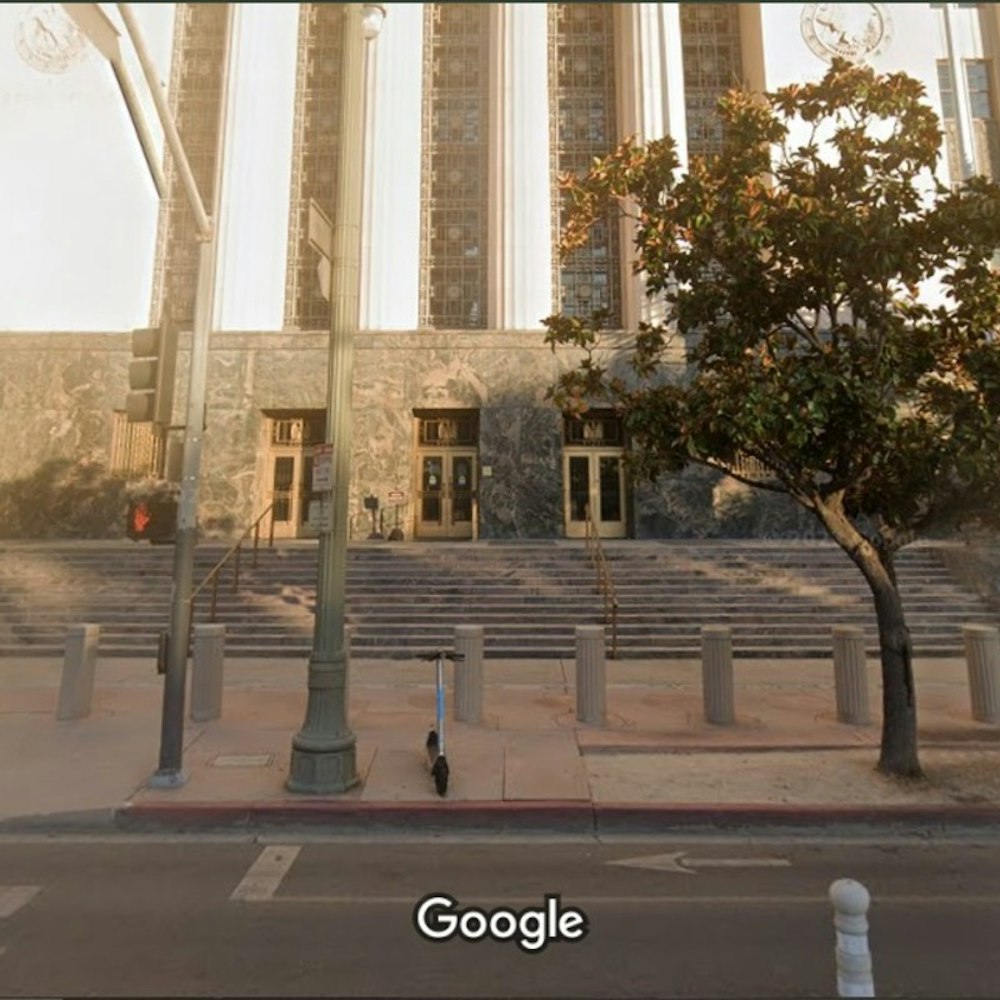


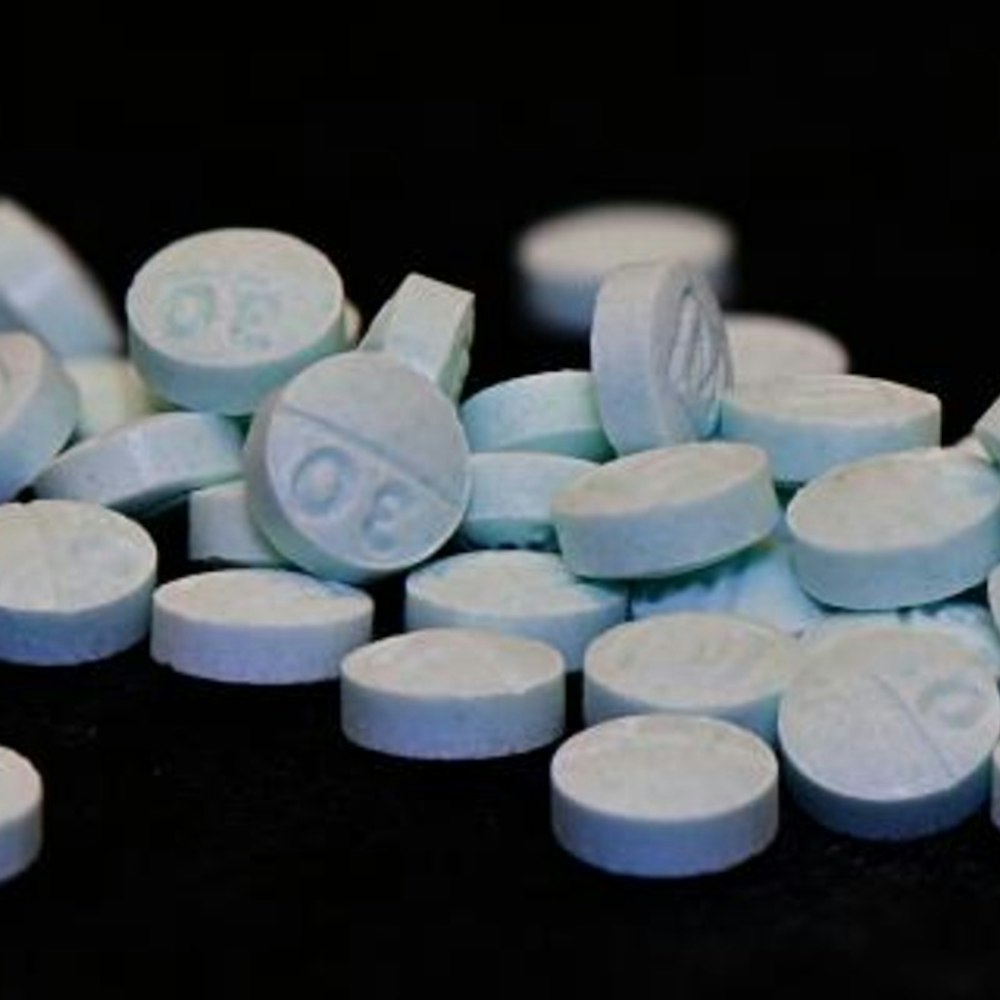
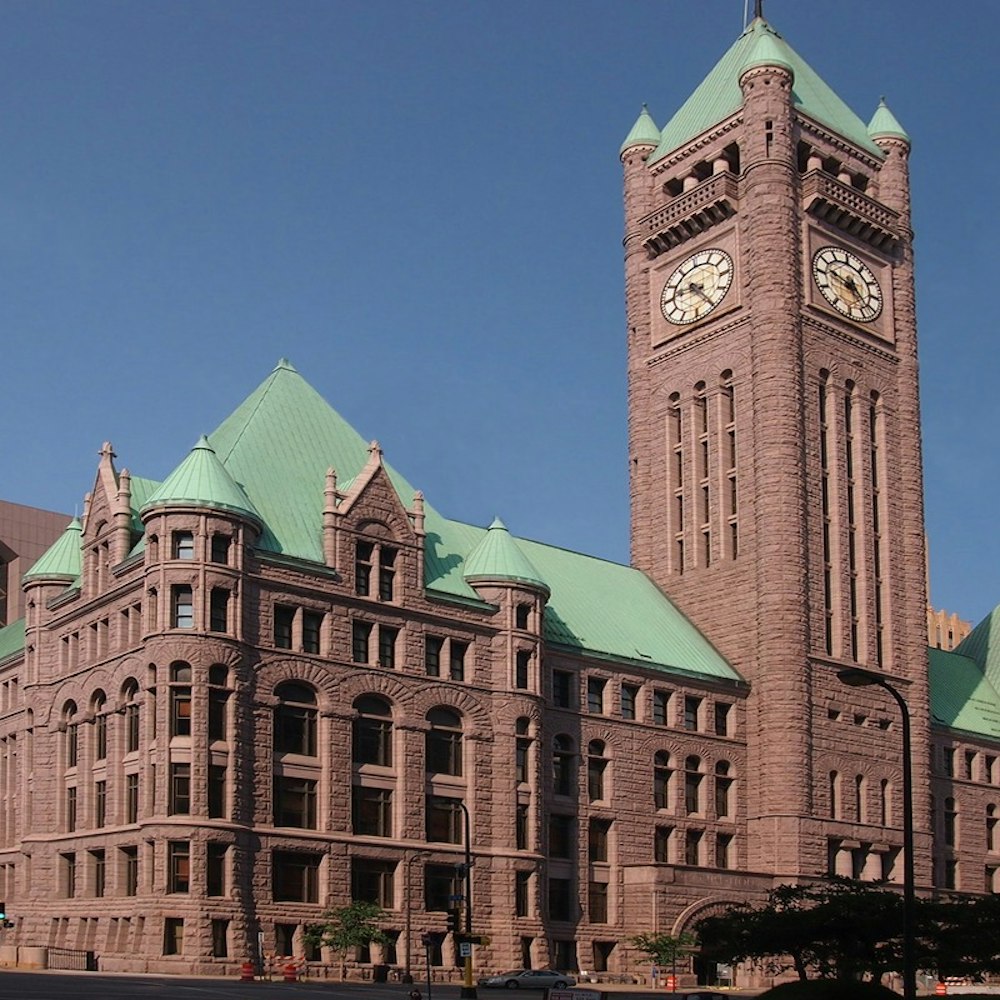
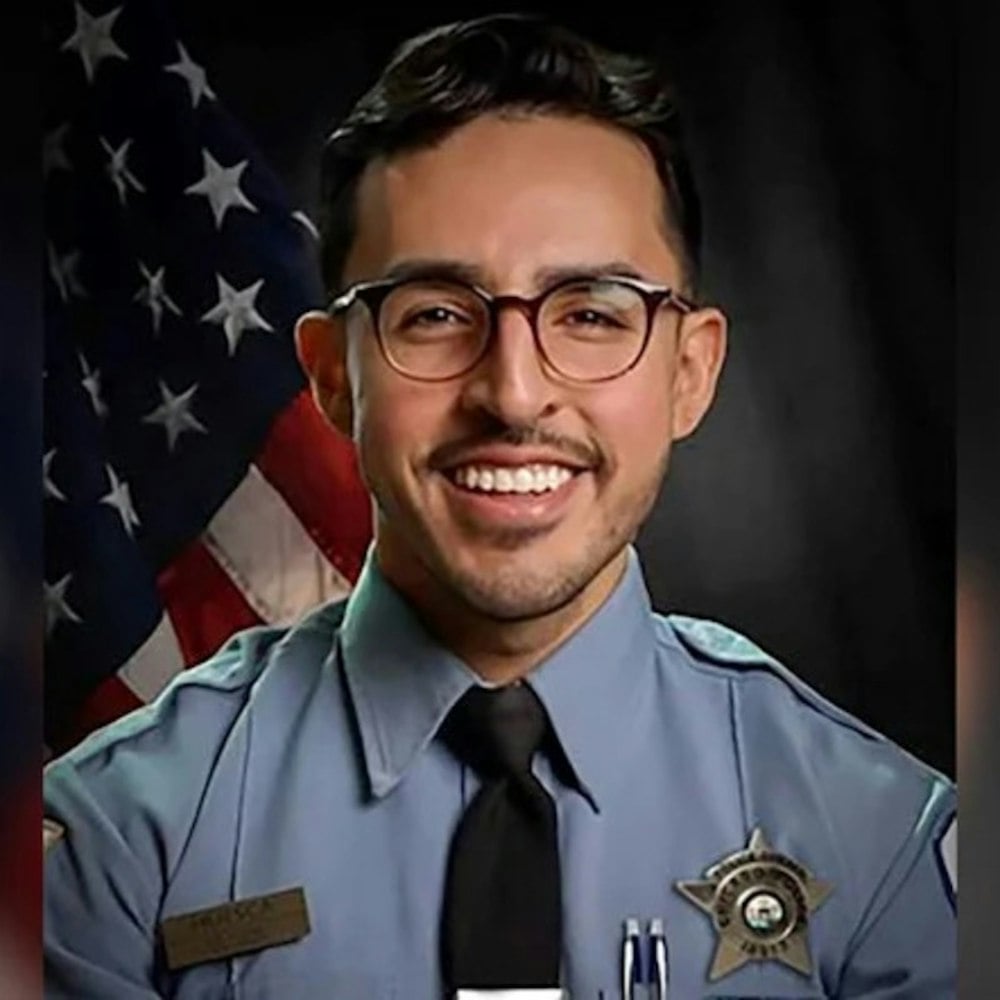
-1.webp?w=1000&h=1000&fit=crop&crop:edges)